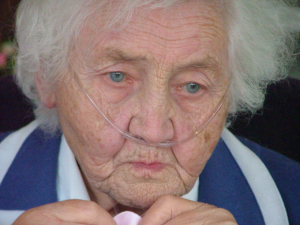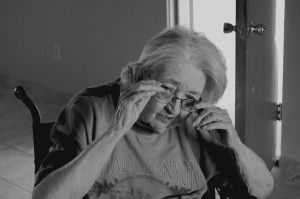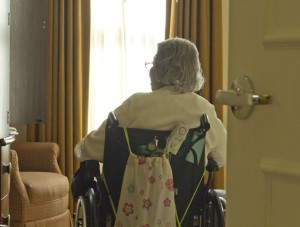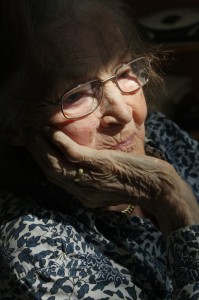Who looks out for aging Californians who do not have relatives our outside caregivers to keep an eye out for the signs of elder abuse? The California State Long-Term Care Ombudsman Program is in place to make sure that older adults receive proper care in long-term care facilities across the state. What is a long-term care facility? Examples in California include: nursing homes, assisted-living facilities, and residential care facilities for the elderly (RCFEs).
San Diego residents following the latest news about RCFEs know that many of these facilities in our state have fallen under much scrutiny in recent months, along with many assisted-living facilities. The Long-Term Care (LTC) Ombudsman program spe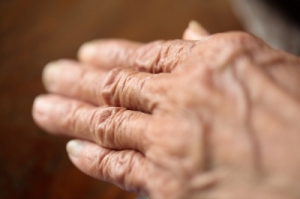 cifically “investigates elder abuse complaints” at facilities such as these.
cifically “investigates elder abuse complaints” at facilities such as these.
Services Offered by the Long-Term Care Ombudsman Program
 Southern California Nursing Home Abuse Lawyer Blog
Southern California Nursing Home Abuse Lawyer Blog




